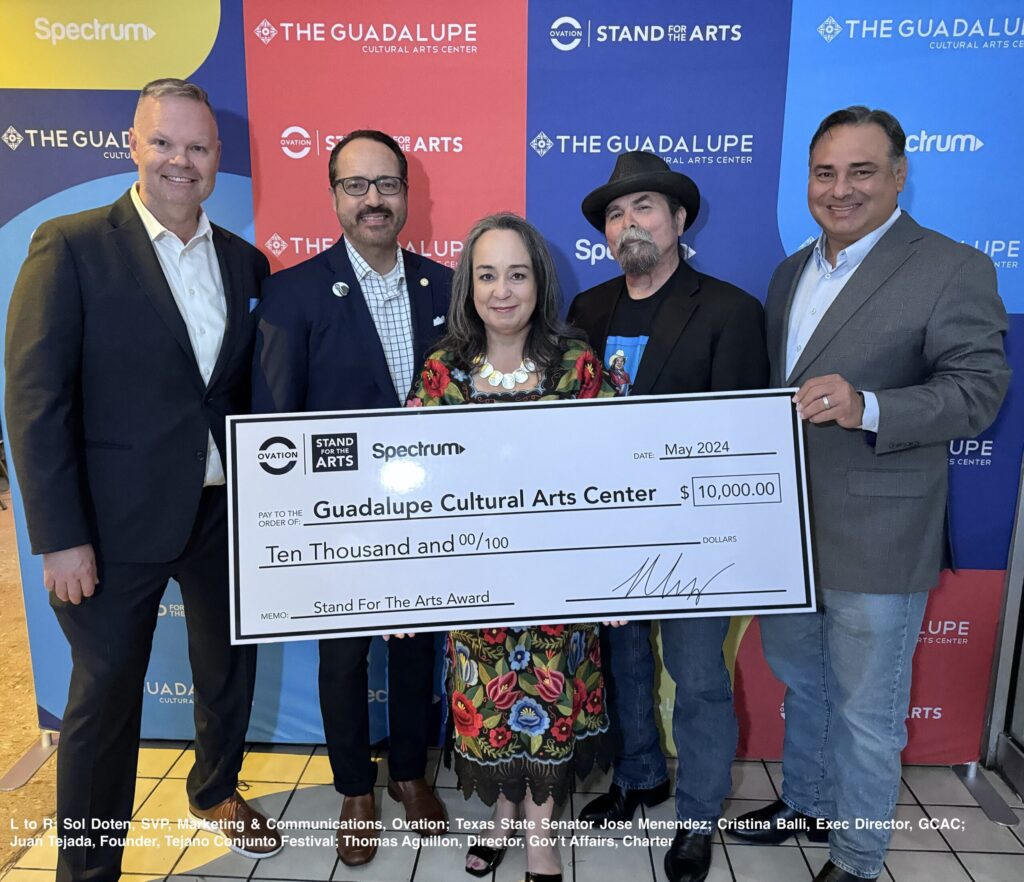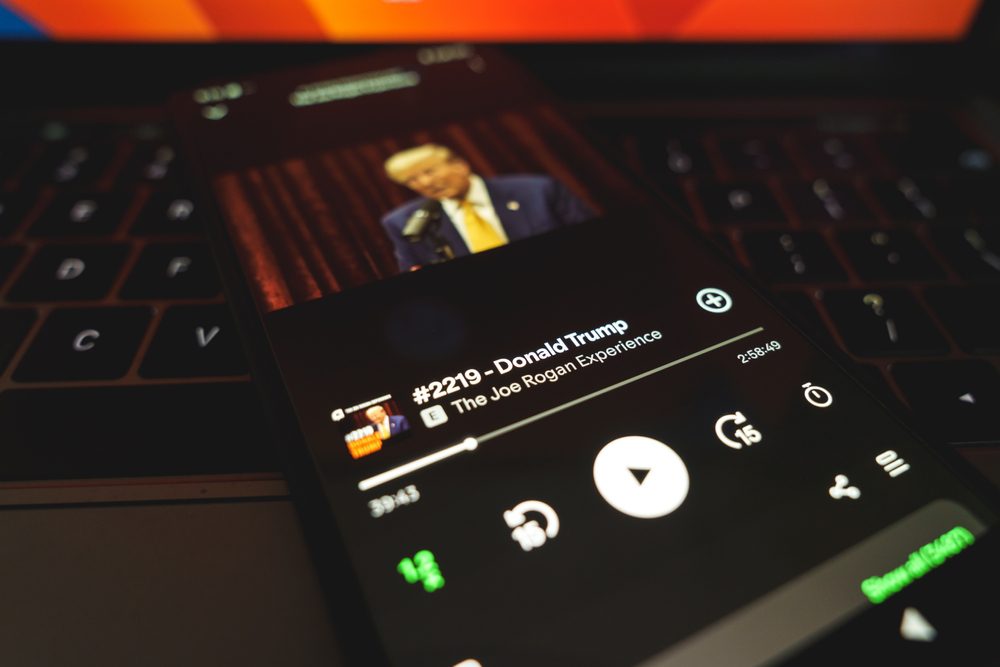WHEN WINNERS GET TO PICK THEIR PREMIUMS, SOMETIMES THEY CHOOSE THE SUPER BOWL, SOMETIMES LUMBER.
When Pepsi-Cola Co. gave away 350 grand prizes in its Ultimate Ticket Giveaway last year, not everyone chose the Super Bowl or the World Series. One guy just wanted to see a movie – in Hawaii.
Winners in Pepsi’s under-the-cap sweeps got to choose two tickets to any publicly ticketed event in the U.S., plus airfare, hotel, and some spending cash. Most winners chose sporting events or music concerts. Others chose innocuous events close to family – or far away from family, like the beaches of Hawaii.
More brands these days are offering do-it-yourself incentives, from letting winners design the grand prize to giving away stored-value cards for customer-made shopping sprees.
D-I-Y grand prizes are a step up from one-of-a-kind prizes – a popular tactic for entertainment properties and image-heavy brands – and dovetail well with the growing trend of “mass customization.” Multiple-choice mail-in offers, such as Pepsi’s Choose Your Music summer deal giving custom CDs for proofs of purchase, also give consumers more input. And stored-value cards – already popular for employee and trade incentive programs – have caught on as consumer prizes.
So, when given their druthers, what do winners choose?
Pepsi fans picked sports most often. “Sporting events are the big ones because they’re untouchable,” says Pepsi spokesperson Bart Casabona. “It’s hard to get access to these events and have someone arrange all the travel.” Pepsi’s priciest package, The Masters golf tournament, ran about $6,000. Its cheapest award – movies, museums, and the like – still carried hefty travel expenses.
SETTING LIMITS Few campaigns leave the vault wide open, however. Most set parameters, for two reasons: to limit the expense (and trouble) of fulfillment, and to give winners some ideas to choose from.
Pepsi structured its rules “to make sure they enabled, not restricted” winners, says Charlie Turano, director of Dallas-based Genesco, which arranged the 700 three-day, two-night trips for Pepsi’s winners.
The winners were “a blank slate, because they weren’t prepared to win,” Turano says. “We’d ask, `Where do you have relatives? What do you like to do?’ Some people chose their favorite entertainment. Others chose venues,” like the Hawaiian Cineplex.
Genesco had a half-dozen staffers setting up trips and befriending winners, many of whom sent postcards. “It was fun for us, because we got to interact so much with winners,” Turano adds. “It felt like a more-valuable prize to them because they got some say in it.”
Brown & Williamson, Louisville, KY, lets entrants state their preferences up front. An April-through-August sweeps for Lucky Strike called LS Means _____, plays off the brand’s long-standing tagline, “Lucky Strike Means Fine Tobacco” (abbreviated to “LSMFT” on packs). Entrants fill in the blank with their favorite prize starting with “FT” – football tickets, for example, which could trigger a trip to the Super Bowl.
As of mid-July, the top entries were: fishing trip, Florida trip (with ears, presumably), family trip; foreign travel; and Ford truck (which fits the travel motif but leaves the destination wide open). Winners will set the details of their own prize – deep-sea fishing vs. inland fishing, for example – up to $10,000. Bates Worldwide, New York City, handles.
This fall, Kraft Foods’ Post Cereals lets winners pick the time and place for a private concert as grand prize in a Bedrock Rocks in-pack sweeps for Fruity Pebbles cereal. British rock star Sammie gives the concert, but the winner picks the location, decorations, and guests. The choices don’t end there: 500 first-prize winners get a $50 music gift certificate, and a separate mail-in offer lets kids pick from one of three free CDs with proof of purchase. Kraft handles the promo in-house with an assist from Rhino Records, Chicago, which supplies CDs from artists including Geri Halliwell and the Moffatts.
ON THE FENCE When Cindy and Blake Miller won Ace Hardware’s Messiest Room Contest this spring, it took some finagling on their part to get the prize they really wanted: lumber.
The Millers won $5,000 worth of Ace Hardware gift certificates when their garage was judged the Messiest Room by a panel that included Ace celebrity spokesperson John Madden and septuplet parents Ken and Bobbi McCaughey.
“At first it felt like, `How could we spend $5,000 at a hardware store?’ The Ace near us is a hammer-and-nails kind of place,” Cindy Miller says. “It was kind of overwhelming. We could buy birdhouses and gifts like that, but what we really needed was fence panel.”
The local Ace manager worked a deal with a local lumber supplier who provided fencing and lumber for a swing set, then ordered the Millers about $150 worth of swing set supplies through Ace. The Millers will foot the labor bill for the fence, and may have as much as $1,500 credit left at Ace. “That’s a lot of weed killer,” laments Miller, who admits she may have preferred cash. “If it were $5,000 to spend at a mall where you can do anything, that would be different.”
Not that she’s looking a gift horse in the mouth. Ace also provided a local organization expert to clear out and clean up the Miller’s home. (Meanwhile, first-place winners in 10 categories including bedroom, closet, dorm room, home office, and basement got $500 Ace sprees and clean-up of one room.)
“It was just unbelievable,” Miller raves. “We had two of everything when we got married. Our closets were unbearable. They hauled off a vanload of trash and stuff, swept up, and started over. Two of the p.r. agency guys – real nice guys in their 20s – helped the cleaning crew.” BSMG Worldwide, Chicago, handled the campaign for Oak Brook, IL-based Ace.
CASHING IN Of course, not every winner wants a fence, or foreign travel, or a bed & breakfast of her very own. Cash still carries cachet.
When Minute Maid ran The Minute Maid Taste Sensation Destination Sweepstakes in 1997, offering an orange grove and bed & breakfast built to the winners’ specifications, would-be innkeeper Stephanie Rivers instead took $1 million in greenbacks (paid out over 20 years).
A fair number of Pepsi’s winners picked cash, too – mostly the affianced who had honeymoon trips in the offing, the time-crunched who couldn’t travel during Pepsi’s window (February ’99 to July ’00), or the chronically indecisive. “If you just can’t make up your mind [on where to travel], taking home $5,000 isn’t too shabby,” Casabona says.
Marketers who want token incentives that are more memorable than cash find that stored-value cards – looks like a credit card, acts like a gift certificate – are shopping-spree fodder. Among recipients of American Express’s Persona card, 63 percent splurge at specialty shops such as Bath & Body Works and The Sharper Image, reports American Express Incentive Services, St. Louis. Another 22 percent head to department-stores, and eight percent shop via mail order. Only seven percent spend their cards on travel and entertainment, although that percentage is on the rise as cardholders choose travel perks and splurge on the occasional night out.
“It’s guilt-free shopping,” says Darryl Hutson, AmEx Incentive Services ceo. “People treat themselves to a memorable reward – it’s `sticky,’ [and] consumers need to remember [their reward] for marketers to get a return.” Persona is a selective-use card redeemable at 150 retailers, catalogers, and travel venues. AmEx also makes an open-use card called Encompass that’s accepted at the same locations as AmEx credit cards, and last fall introduced Preferences, which allows a marketer to specify what merchants will be able to accept a brand’s customized card.
Cardholders tend to splurge more with selective-use cards, and use open-ended cards for smaller, everyday purchases, AmEx reports. The average transaction for selective-use cards is $100, compared with $30 for open-use cards.
AmEx has distributed 250,000 cards. These days, about one-third go to consumers via promotions, one-third to employee incentive programs, and the rest to trade promos. Consumer promotion has been the fastest-growing segment for AmEx in recent months. General Motors earlier this year offered a $50 Persona card to consumers who registered online, then visited a dealer for a test drive. Virgin Atlantic gave a $500 card to new registrants of its Virgin Freeways frequent-flier program who booked a North Atlantic flight. BIC Corp. ran a Value Days sweeps for disposable razors, awarding $100, $1,000, and $10,000 stored-value cards as prizes. In-store displays and FSIs to 46 million households supported. Marketing Drive Worldwide’s Barr Benedett Group, Westport, CT, handled.
AmEx is developing new products for consumer promos, and pitching the cards to promo and ad shops. It’s also redesigning AmEx gift cheques, adding holograms for better security and installing an automated fulfillment system by January 2001. “Consumers are a diverse group,” Hutson says. “This isn’t a one-size-fits-all incentive.”
A winner’s favorite prize isn’t necessarily the most expensive one. One of Pepsi’s ticket winners, a young guy from Philadelphia, wanted to see Bruce Springsteen in the Meadowlands. “He could have taken a cab there,” Turano shrugs.
But that’s the best part of do-it-yourself incentives: Winners are happy to get what they want – and a happy consumer is a good advocate for the brand.
 Network
Network

